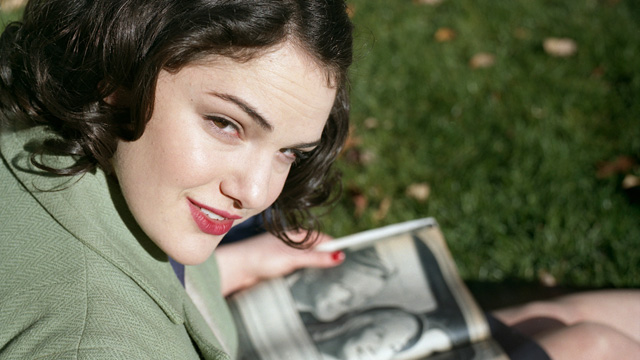Reviews
Movie review: “Teenage”

Teenage
dir. Matt Wolf
Release Date: Apr 25, 14
- 1
- 2
- 3
- 4
- 5
- 6
- 7
- 8
- 9
- 10
Teenage would be far more effective if it were the first part in a running, Ken Burns-style series about the genesis of adolescent culture around the world. It offers a compelling portrait of a pre-, during, and post-wartime world, in which youth were at best a resource and at worst a public phobia, all thoroughly rooted in the evolution of teenagers from wage-working family income sources to a strange and displaced people, too old to be given the same permissions as children but too young to make choices for and amongst themselves. As it stands, it’s a comprehensive early primer that ends abruptly just when it’s getting into the most interesting stuff.
The film taps succinctly into the spirits of its subjects early, with Bradford Cox’s score cradling recitations of old accounts of what it was like to live in the early 1900s as a teenager. In short, “The old had sent us to die, and we hated them.” Through a combination of political disillusionment and new technologies allowing for the spread of youth culture in a way that had never been possible in the past (jitterbugging, in particular, is highlighted as a cornerstone of this process), teenagers fought back against the domesticating process of multiple war efforts with rebellion and disobedience.
In one of the film’s most interesting moments, the phenomenon of British “freak parties” is discussed, those in attendance speaking of how “girls were like boys, boys were like girls. Sometimes you wouldn’t tell us apart.” While it wasn’t until much later that sexual experimentation and fluidity would rise to the level of mass cultural conversation, Teenage finds some of its most basic roots amongst the youth. However, like so many tragic tales, the freak parties ended when the drugs got involved. In this way, the film captures in microcosm the life cycle of any important social scene.
Once the film refocuses on wartime, however, the tone darkens, to such a point where Teenage seems to be in conflict with itself. Is it a chronicle of what it was to be wild and young in a different time, or a tragic meditation on a generation lost to war? It never lingers on one or the other long enough for either to emerge as a cogent point of view. (The fact that the lost generation is depicted as being almost exclusively white, with minimal exception, doesn’t help the feeling that something is missing here.) By the time Teenage ends, the takeaway isn’t so much anything lingering or significant, but rather a solid handful of factoids about teenagers before they became hippies.